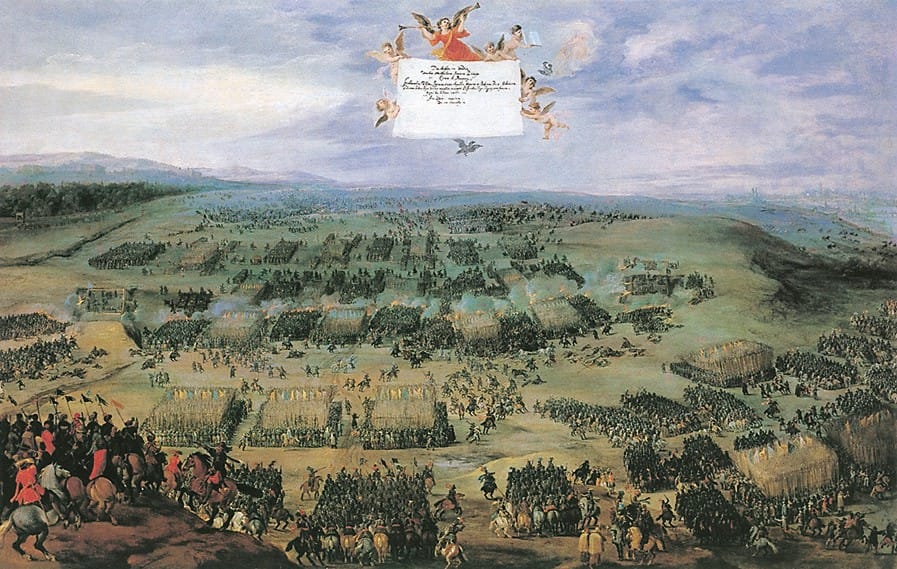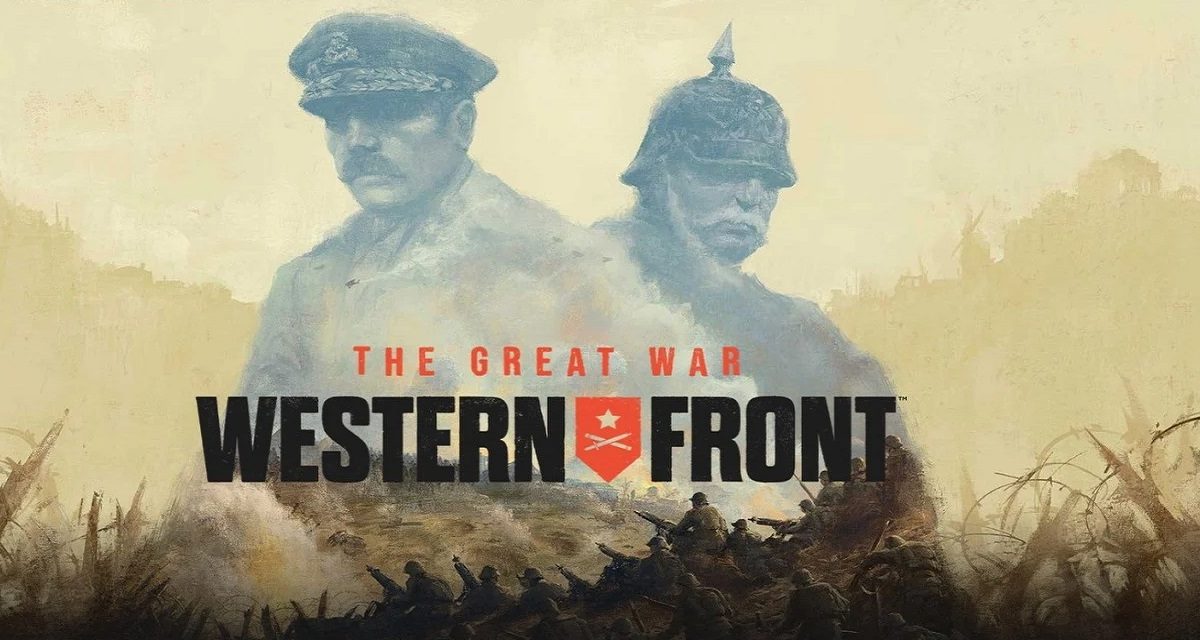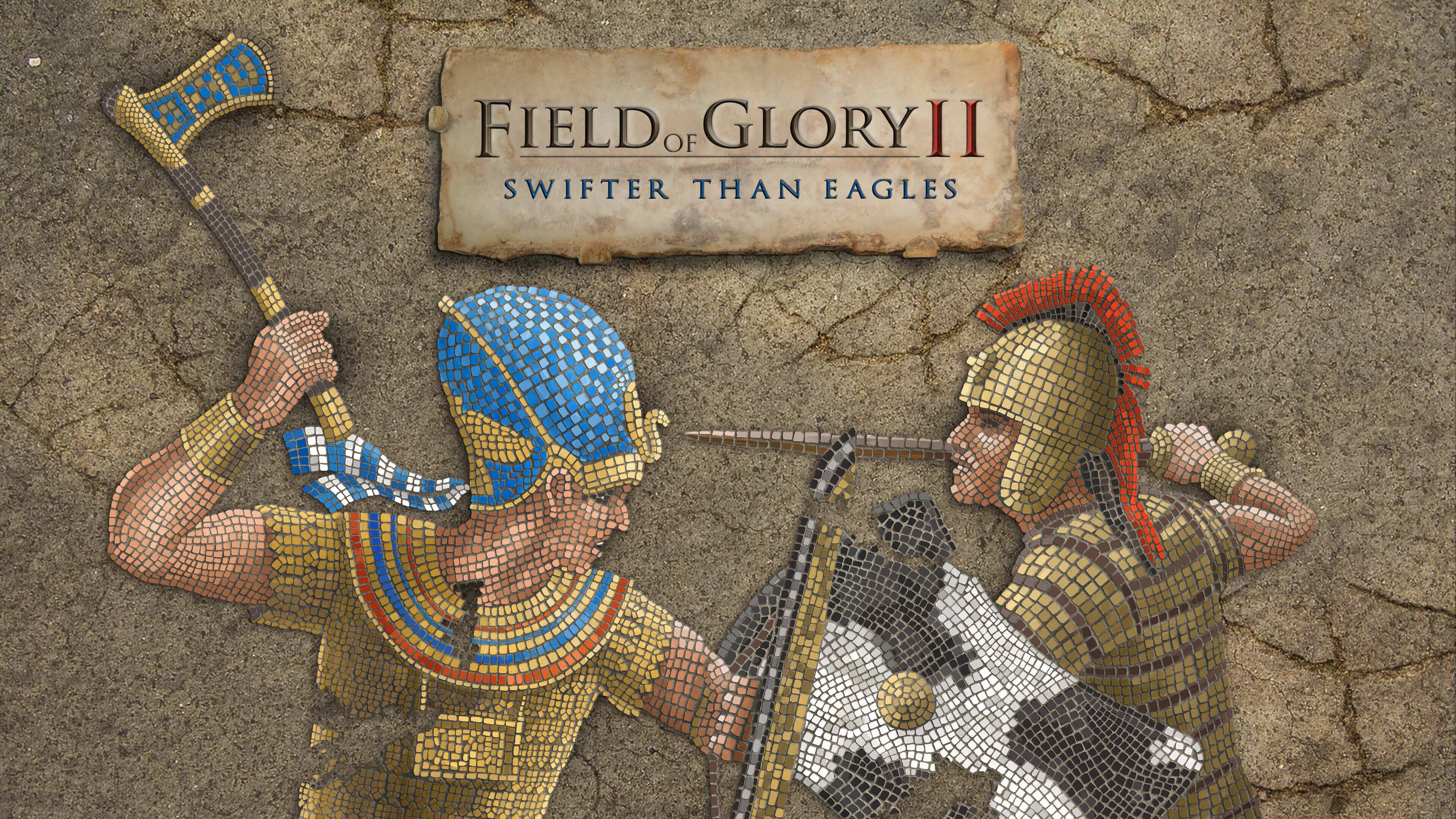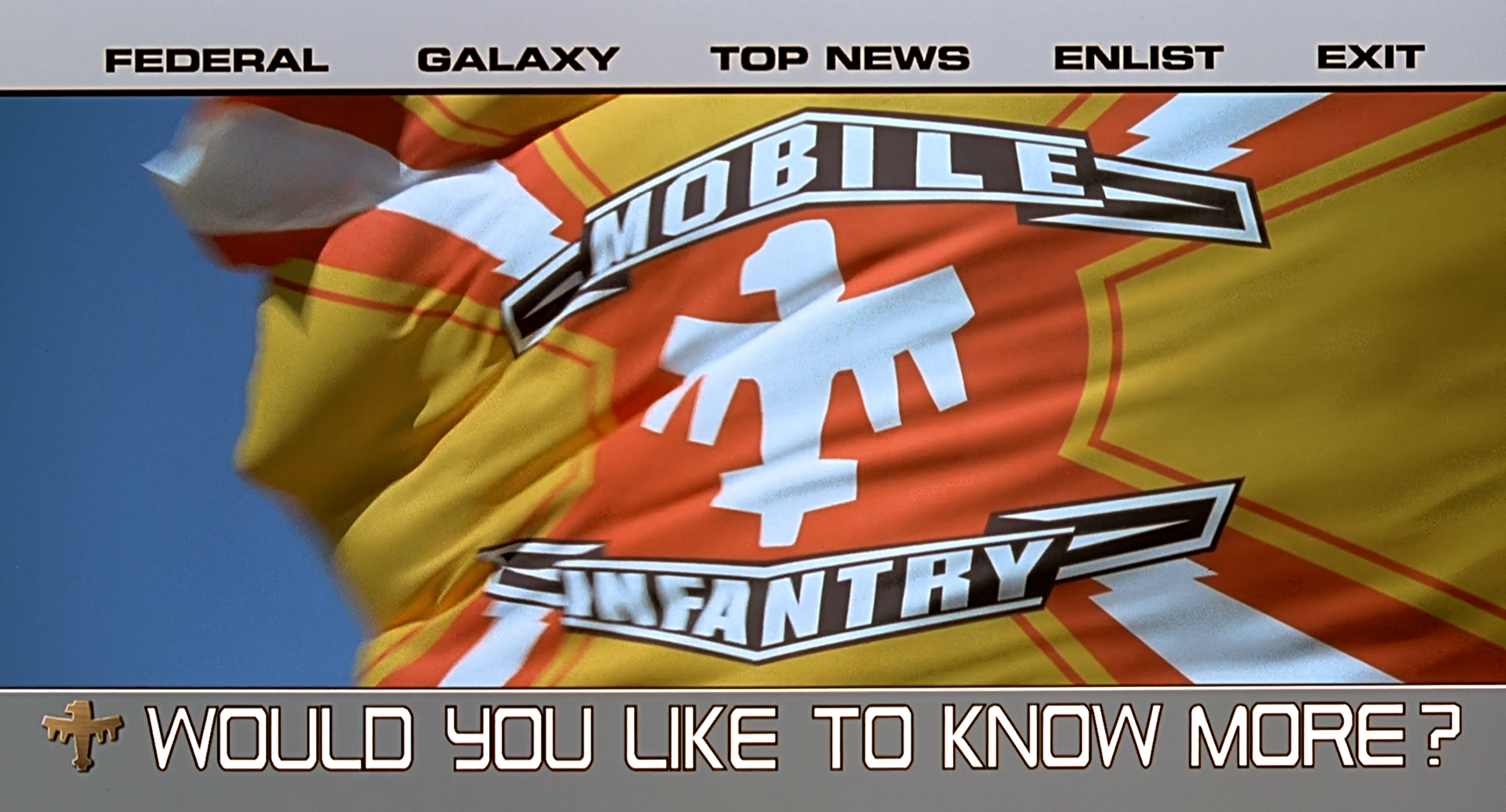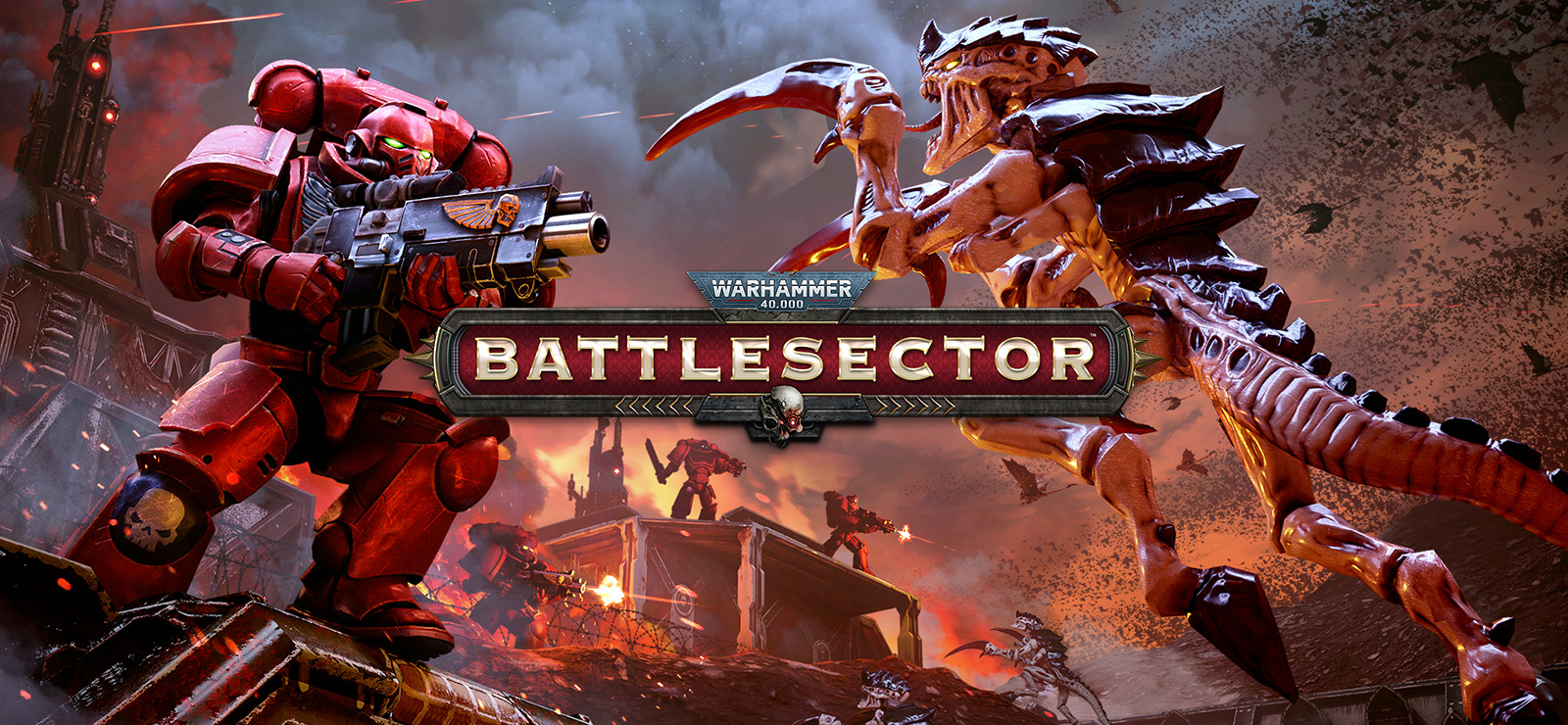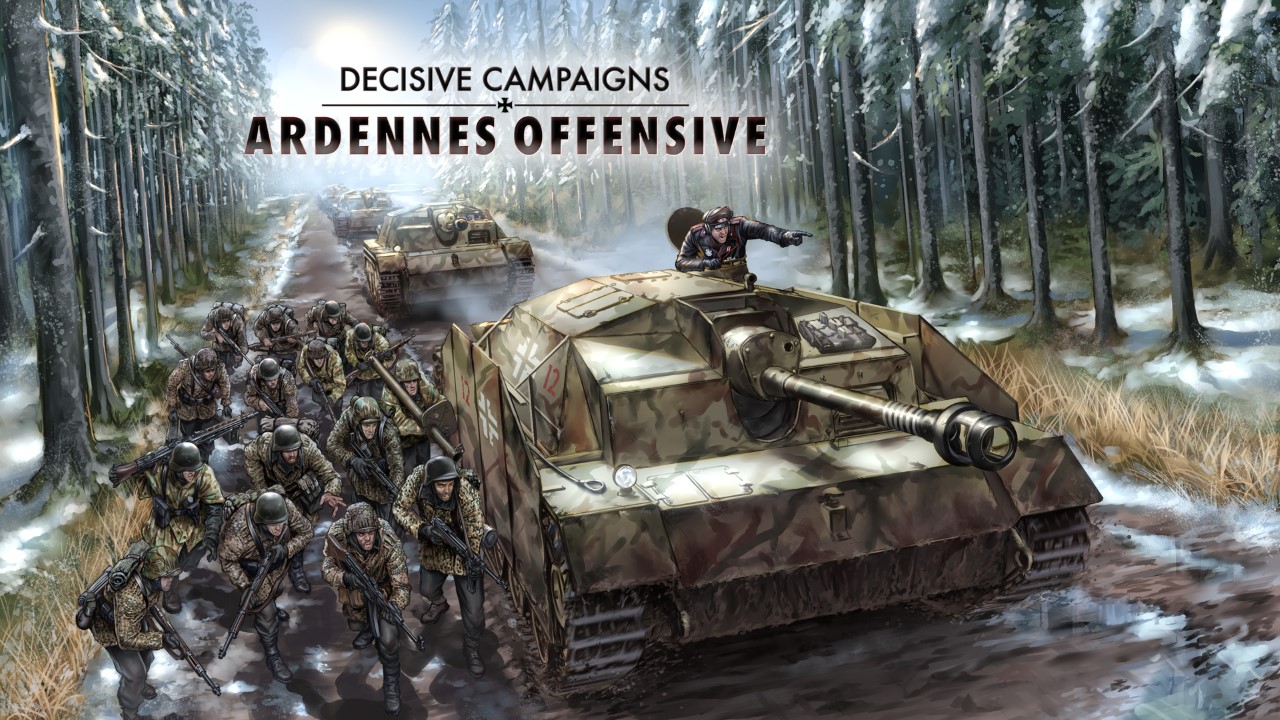Category Archives: Interviews
Tuesday Interview – Luke Hughes of Burden of Command
The main brain behind the forthcoming Burden of Command has a chat with GrogHeads ~
Brant Guillory, 11 July 2017
When I hear “Burden of Command” I start to flash back to my days as a company commander, and being buried under a pile of 15-6 investigations, dental cat-IVs, and guys who couldn’t qualify with their personal weapons. I’m assuming the newly-announced “Burden of Command” game isn’t a game of competitive administrative duties. Give us the thumbnail insight of what we can expect in the new game, and why this one is more focused on the ‘burden’ of command than other similar games on the marketplace?
Damn, I can run but now I can’t hide. A real company commander, I’d love to know when and where! (ed note: nothing exciting – it was a National Guard HHC while the rest of the battalion was mobilized)
Now you are so right, real command is a lot of administrative tedium puncture by rare moments of terror. However, maybe not such a great game. Though the game “Papers Please” might teach us differently. What you can expect in BoC is not only the command and control decisions you associate with classic wargames (directing fire and maneuver, and the 4 F’s: find, fix, flank, and finish) but the morale oriented decisions we might associate with a classic tactical board game (ASL, Combat Commander, Band of Brothers, Fields of Fire).
Finally, and more unusually, you must take responsibility for the “preserve” decisions around the men’s physical and psychological welfare on and off the battlefield. They will look to you for the right mindset to adopt in the face of war. Novelist Karl Marlantes, who dropped out of his Rhodes Scholarship to serve as a 1st Lieutenant in Vietnam wrote “What It is Like to Go to War.” He argued that, like it or not, when you go to war you enter a spiritual journey because you are in the presence of death. You have entered the “Temple of Mars” as he so eloquently put it. Whether or not you or your superiors have prepared you for that experience, and for making life or death decisions is a different question. But the burden will be yours, prepared or not.
In sum, leadership in BoC is “Direct, Motivate, and Preserve.” And the burdens are many.
The Tuesday Interview – Brian Train (The Game Theorist!)
Brian Train stops back at GrogHeads for an asymmetric interview ~
Brant Guillory, 9 May 2017
Let’s start this off with a whopper: all-time best game you’ve ever played? Why that one?
Hmm. I really don’t know what would be the all-time best one. One I never seem to get tired of is Minuteman, the Second American Revolution by James Dunnigan. I played it again and again back in the day, and one of the first variants I ever designed was for that game. The premise back then seemed farfetched but 40 years later, I am not so sure. But I liked the processes of building up an insurgent movement, or the counter to it, through covert and semi covert actions, and the eventual payoff of an actual revolution. The various scenarios were interesting too, including two occupation/resistance ones and a four-way second civil war that could develop any number of ways.
I think I got more out of that design than any other SPI game I played, but a close second would be South Africa; another game people say they love to hate but I spent a lot of hours tinkering with it.
The Tuesday Interview – Tom Russell of Hollandspiele
Hollandspiele has joined the ranks of wargame publishers. Tom stops by for a chat ~
Brant Guillory, 25 April 2017
So… another game company, eh? Why break off and start your own publishing house instead of just bringing your games to an existing publisher?
Well, as far as my own designs go, I’ve done that. Of the twenty-five games I’ve had published, only six have come out through Hollandspiele. So, that’s nineteen times someone else has put up their money and said, okay, let’s have a go at this. And that’s satisfying and gratifying, but it has three real disadvantages.
Of the twenty-five games I’ve had published, only six have come out through Hollandspiele.
First, as far as monetary compensation goes, the designer really gets the short-end of the stick a lot of the time. This isn’t true all the time– I’ve had publishers that gave very generous royalties, and publishers that were a lot stingier. Now, I’m talking about wargames specifically here, because in the euro market, the designer gets better pay. I have a couple of euro-style games coming out in the next year or so from a certain publisher that I’m contractually unable to mention by name at this time, and my advance for that was more than the royalties on all my previous (non-Hollandspiele) games combined. So, with wargames, it’s a much smaller piece of the pie, though again, it varies. I was talking with a designer who is working with us on a game, and also has worked with GMT, and was surprised to hear that, in terms of royalty-per-copy, Hollandspiele pays better than GMT. Now, GMT has the volume, so they’re getting more money from GMT than they are from us, because they’re selling an order of magnitude more copies than we are. But still, I thought that was interesting, because while the royalties we give are more than what I got for most of my wargame designs, I didn’t think that our royalty rate was necessarily all that generous. I just thought it was equitable.
The Tuesday Interview – Didier Rouy, Part Deux
Part 2 of 2, as Cyrano starts asking more Napoleonic questions ~
Jim Owczarski, 18 April 2017
When we last visited with Dr. Didier Rouy, he was discussing his Flight of the Eagle operational-level Napoleonic Kriegsspiel. In this second half of the interview, he discusses crazy things wargamers can attempt in the RPG-like Kriegsspiel space; how bear hats and humming can scare grown men; how a tactical, Napoleonic wargame could have been influenced by Magic: The Gathering (shudder); and what might be next on his design table.
continuing the discussion from last week
c. You acknowledge the link between the Kriegsspiel-type games like Flight and role-playing games, something about which I tend to obsess. One of the immense strengths of RPGs is the freedom to create it allows to both the game runner and the player. What’s the strangest thing you’ve seen a Flight player try or argue he should be able to do in a game?
Oh Boy, that can be a long response ☺
The Tuesday Interview – Didier Rouy
Part 1 of 2, as Cyrano starts asking more Napoleonic questions ~
Jim Owczarski, 11 April 2017
There aren’t too terribly many people who can claim to have designed games about warfare while at the same time being able to consult on a wound from a musket ball. Dr. Didier Rouy holds his Ph.D. in biochemistry from the University of Paris – Diderot and his M.D. from the same institution, earning the former in 1992 and the latter in 1991. In 1989, though, he published the first of what would eventually be over a dozen different Napoleonic wargames. His Vive L’Empereur system has since produced eight volumes. Even dearer to my own heart, he is the creator of the three-volume Vol de L’Aigle, an operational Napoleonic Kriegsspiel, as well as Le Combat de L’Aigle, a tactical system that can be used to work out battles in the operational game.
Dr. Rouy took time recently to answer questions about how he got started, how the whole medicine thing figured into his wargaming, and what is his deal with oblong unit counters. His answers were so thoughtful — and so long — that this particular interview comes in two parts!

